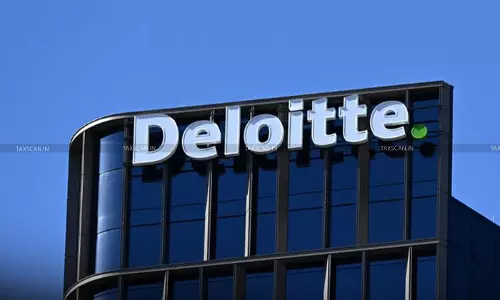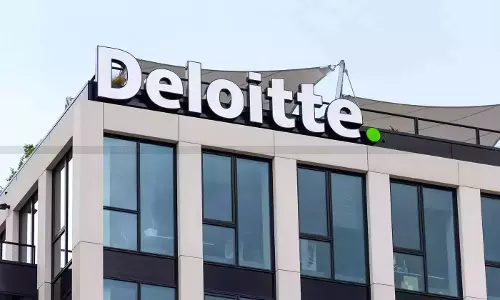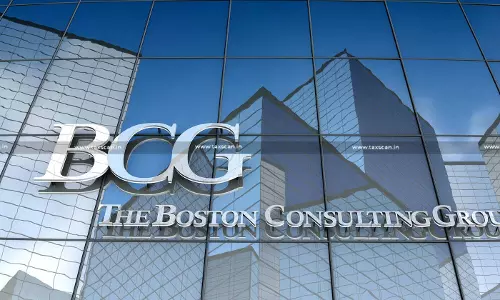Begin typing your search above and press return to search.
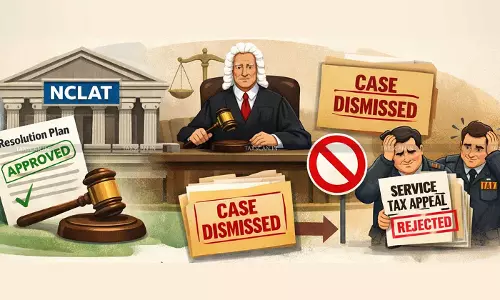
Approval Of Resolution Plan By NCLAT Bars Continuation Of Revenue’s Service Tax Appeal: CESTAT [Read Order]
The Customs, Excise and Service Tax Appellate Tribunal (CESTAT), Chennai Bench, has held that a Service Tax Appellant by the Revenue cannot continue...



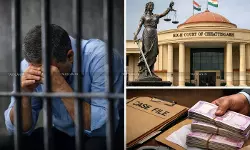
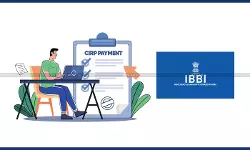

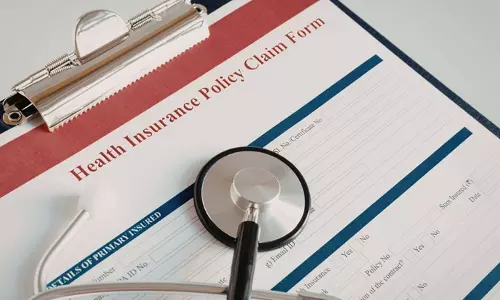


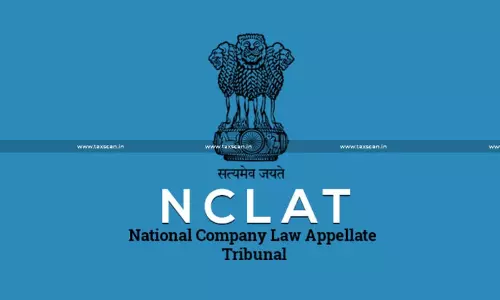
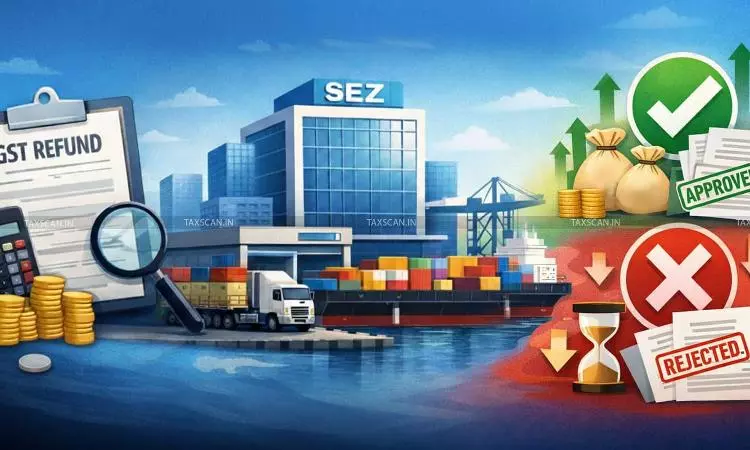
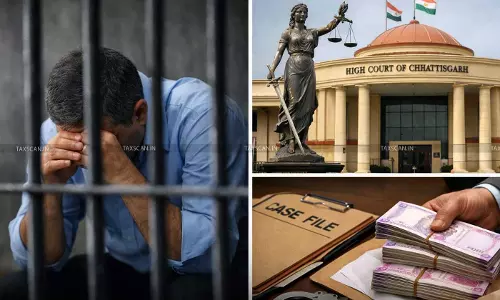
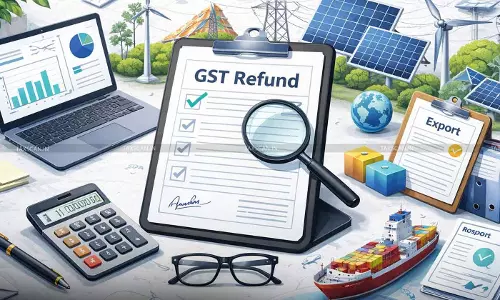
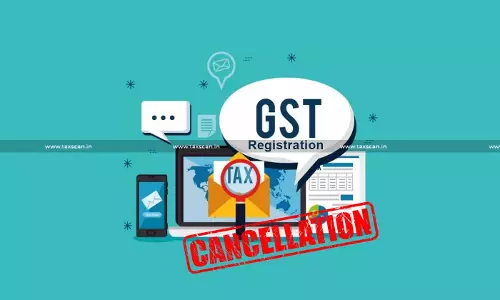
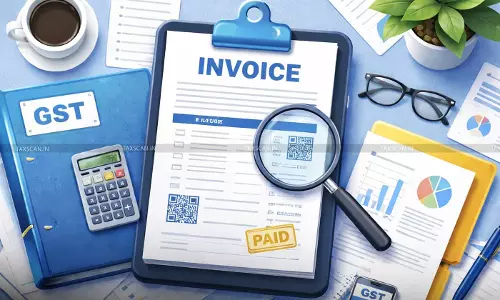
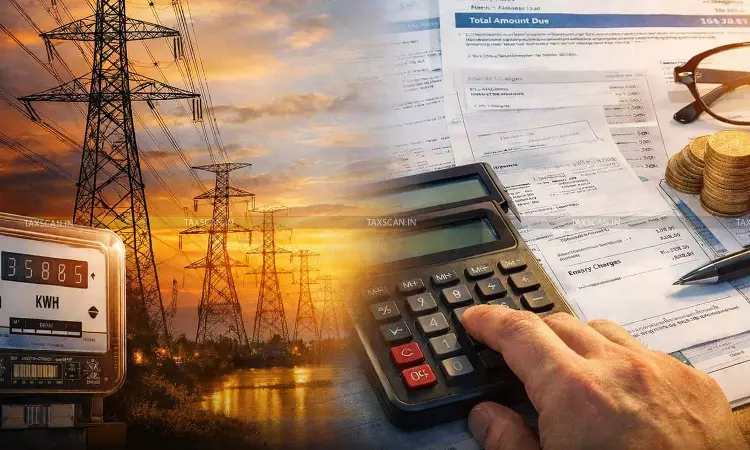
![Service Tax Paid Under Partner’s PAN to Be Adjusted Against Firm’s Liability: CESTAT Partly Allows Appeal [Read Order] Service Tax Paid Under Partner’s PAN to Be Adjusted Against Firm’s Liability: CESTAT Partly Allows Appeal [Read Order]](https://images.taxscan.in/h-upload/2026/02/12/750x450_2124806-cestat-new-delhi-service-tax-partners-pan-firms-liability-cestat-service-tax-partner-pan-service-tax-taxscan.webp)
![Commission on Services to Foreign Universities Not ‘Intermediary Service’ under Rule 2(f): CESTAT Sets Aside Service Tax Demand [Read Order] Commission on Services to Foreign Universities Not ‘Intermediary Service’ under Rule 2(f): CESTAT Sets Aside Service Tax Demand [Read Order]](https://images.taxscan.in/h-upload/2026/02/12/500x300_2124777-cestat-chandigarh-commission-foreign-universities-intermediary-service-service-tax-demand-taxscan.webp)
![Service Tax Demand on Adda-fees under ‘BSS’ Category is Not Sustainable in Law: CESTAT [Read Order] Service Tax Demand on Adda-fees under ‘BSS’ Category is Not Sustainable in Law: CESTAT [Read Order]](https://images.taxscan.in/h-upload/2026/02/12/500x300_2124722-service-tax-demand-cestat-taxscan.webp)
![Service Tax on Bending, Bundling & Stock Verification Cannot be Levied under “Clearing & Forwarding” Head: Calcutta HC [Read Order] Service Tax on Bending, Bundling & Stock Verification Cannot be Levied under “Clearing & Forwarding” Head: Calcutta HC [Read Order]](https://images.taxscan.in/h-upload/2026/02/11/500x300_2124655-service-tax-on-bending-calcutta-high-court-taxscan.webp)
![Clearing & Forwarding Agent Liable to Pay Service Tax on Main Services & Transportation Charges: Calcutta HC [Read Order] Clearing & Forwarding Agent Liable to Pay Service Tax on Main Services & Transportation Charges: Calcutta HC [Read Order]](https://images.taxscan.in/h-upload/2026/02/11/500x300_2124651-service-tax-calcutta-high-court-taxscan.webp)
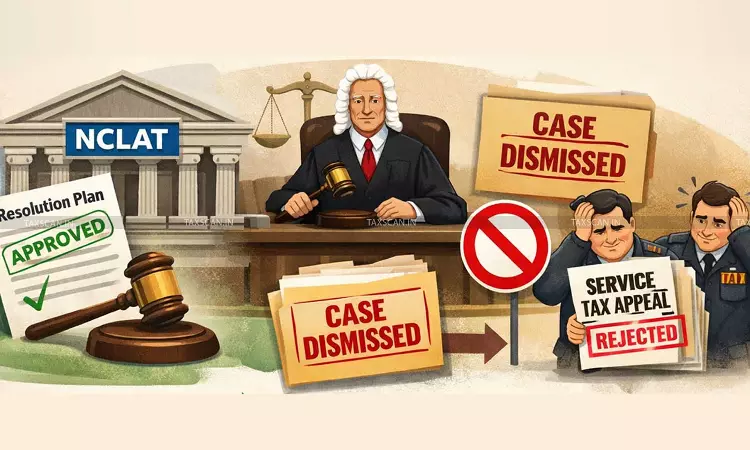
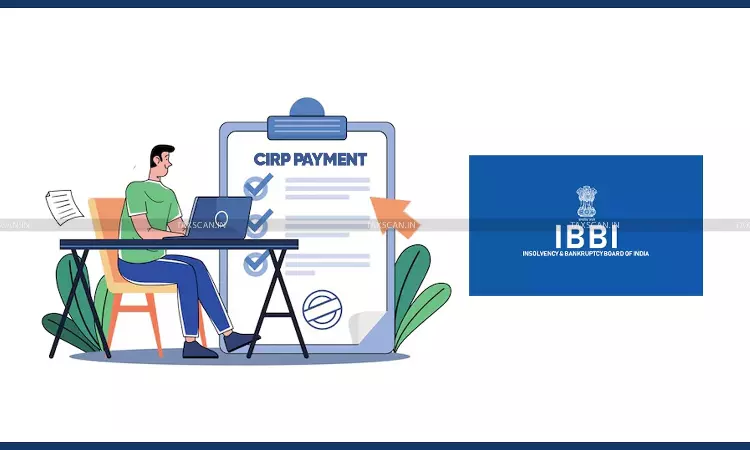

 Kavi Priya
Kavi Priya
![Service Tax Not Payable on liquidated damages collected from supplier on account of non-performance of the contracts: CESTAT [Read Order] Service Tax Not Payable on liquidated damages collected from supplier on account of non-performance of the contracts: CESTAT [Read Order]](https://www.taxscan.in/wp-content/uploads/2024/12/CESTAT-CESTAT-Bangalore-Service-Tax-liquidated-damages-Taxscan.jpg)
 Yogitha S. Yogesh
Yogitha S. Yogesh
 Rupesh Sharma
Rupesh Sharma


 Saagarika Gopinath
Saagarika Gopinath
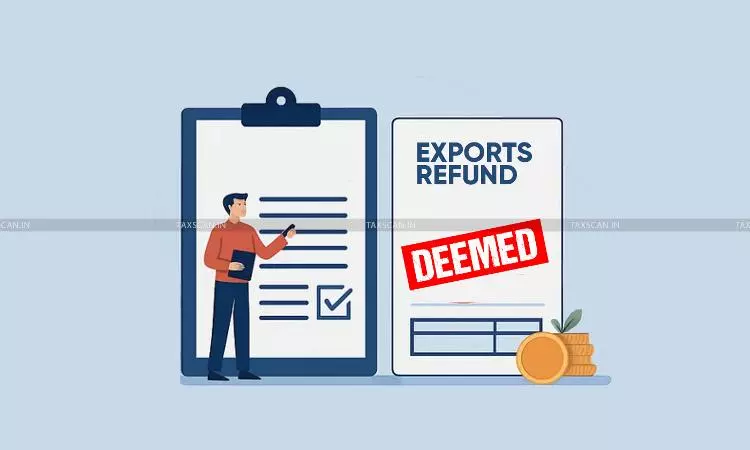
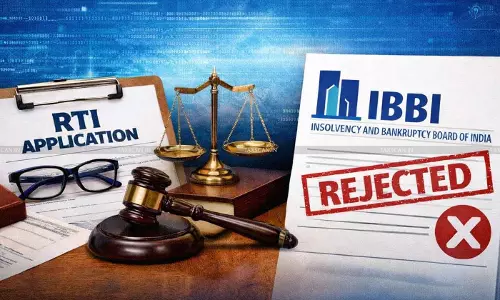
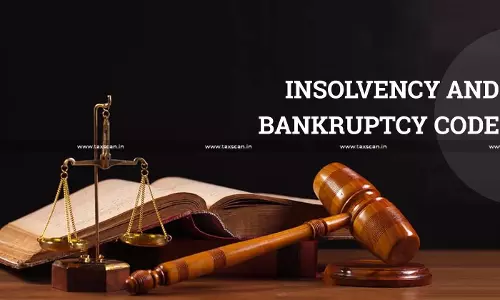
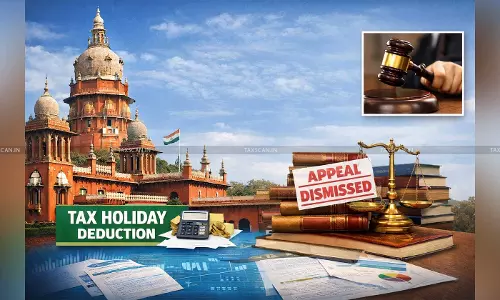
![Madras HC Allows Deduction u/s 37 of Compensation Paid for Exchange Rate Fluctuation as Business Expenditure [Read Order] Madras HC Allows Deduction u/s 37 of Compensation Paid for Exchange Rate Fluctuation as Business Expenditure [Read Order]](https://images.taxscan.in/h-upload/2026/02/13/500x300_2125014-madras-hc-allows-deduction.webp)
